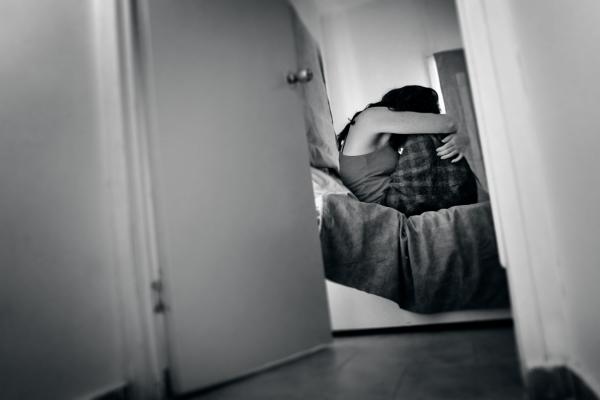And my students are lucky. They have a college chaplain who, by virtue of my ordination as a Christian minister and my role as a pastoral care provider, can offer them the opportunity to tell their story on their terms. I provide them support and a safe place as they re-familiarize themselves with their own life and help them regain a sense of their own agency.
As I hold my college students and their stories in prayer, I often fight my own urge to ask them to report. The incredible injustice of rape makes me livid and I want so badly for my students to receive some sort of vindication for the wrong done to them. I try to remember that the only person capable of assessing what a victim needs is the victim herself. Some are ready to walk into the onslaught of the justice system in the hope of receiving some sort of public vindication. Most are not.
Read the Full Article

